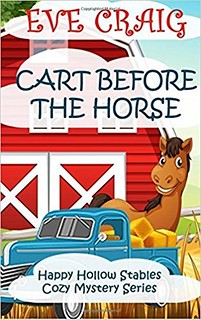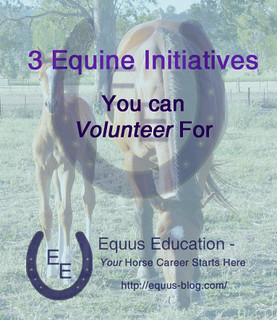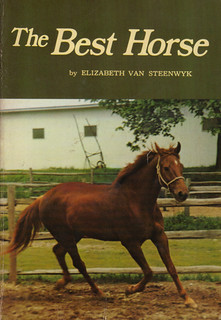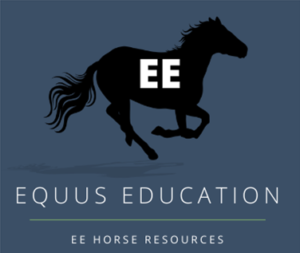Whilst reviewing some resources for an equine course, I was made aware of Manure Link. It seems this website is a great online resource. It’s for those wanting to utilise manure or those wanting to export it off their properties. There’s also information on managing manure and best pasture management practices.

As its name suggests, Manure Link is a place that links manure seekers with providers. So why would someone be seeking manure? Many choose to use it in their gardens for plants, landscapers and others want it to build up plant matter within the garden or ground. There are many nutrients in manure that can greatly benefit soil, especially if composted well or mixed in with other plant matter properties.
It’s for this reason that Jane Myers of Equiculture promotes horse owners keeping their manure. When they sell it off – or give it away – they are often losing nutrients that the horses consumed within pasture / feed stuffs. And these nutrients are passed onto someone else to benefit from! That said, there can be such a thing as too much manure and many horse properties are eager to get rid of the surplus that they don’t use on the garden, harrow into paddocks or compost for later use. Manure Link provides the link between those seeking and those looking to pass on, making it easier to facilitate the exchange.
Another section of the site looks at manure management and pasture management. If you are a horse property owner, it is always beneficial to learn how to best use the manure that is produce on your property. If you are able to manage your pastures effectively too, then this will make feeding your horses cheaper. It will also make the property more aesthetically pleasing and decrease chances of weeds developing. There is a page dedicated to common mismanagement practices to help guide people on effective manure management. You can find out about the process of manure composting.
Managing pastures effectively has many great benefits, including:
- Improving soil structure
- Increasing earthworm populations
- Improving drainage
- Increasing soil aeration
- Improving soil moisture retention during hot, dry months
- Reducing soil compaction
- Increasing available macro and micro nutrients
Overall, it looks like this website is a valuable resource for horse property owners and managers.




